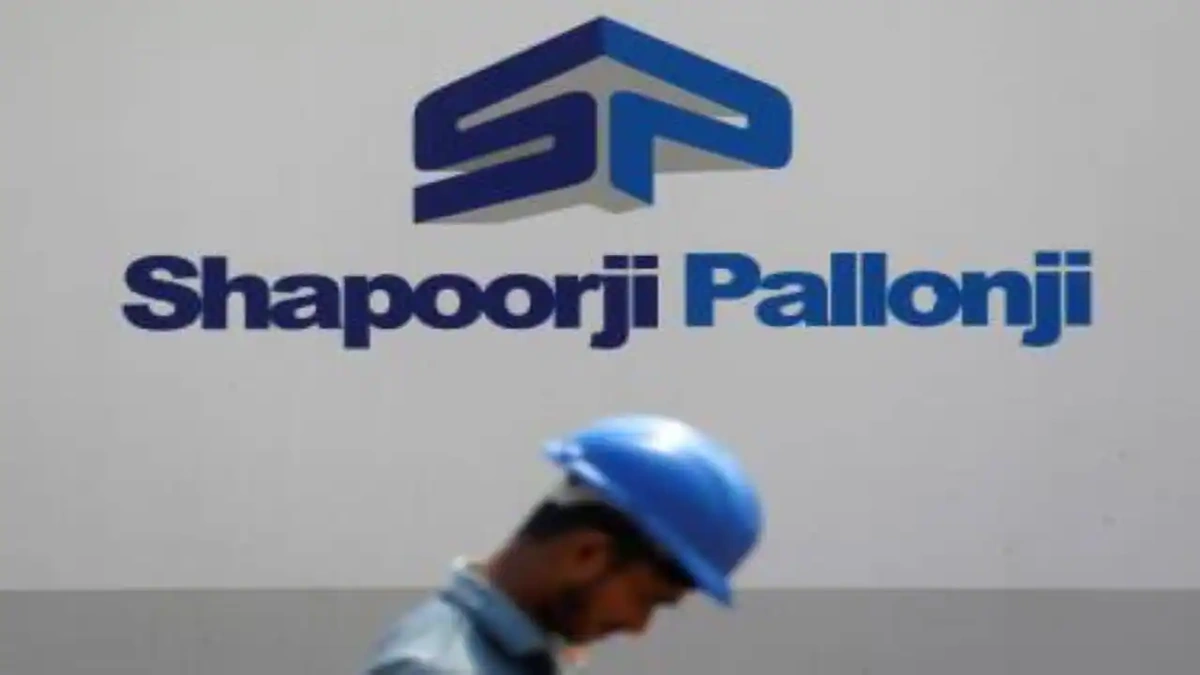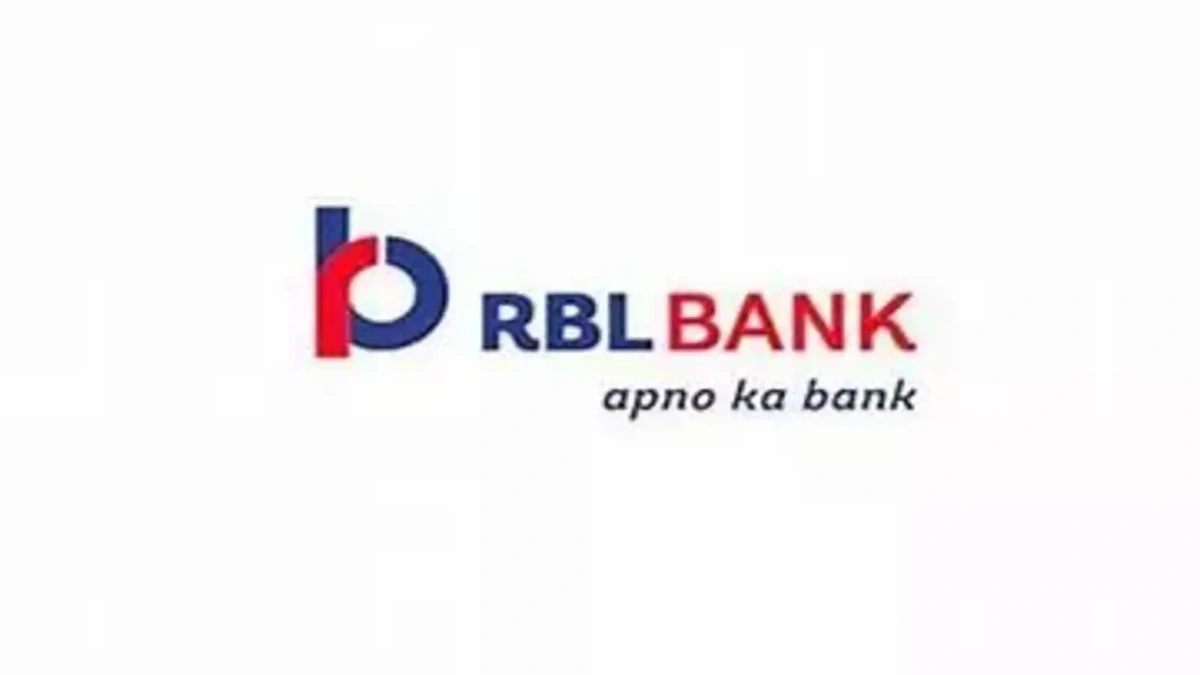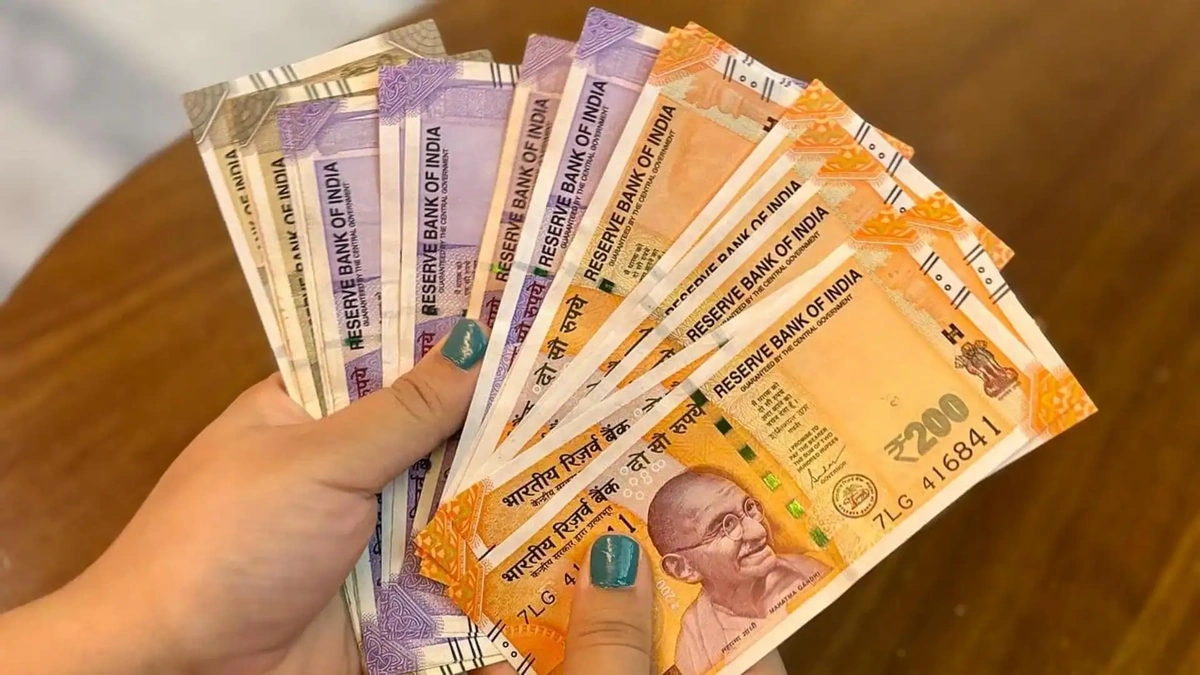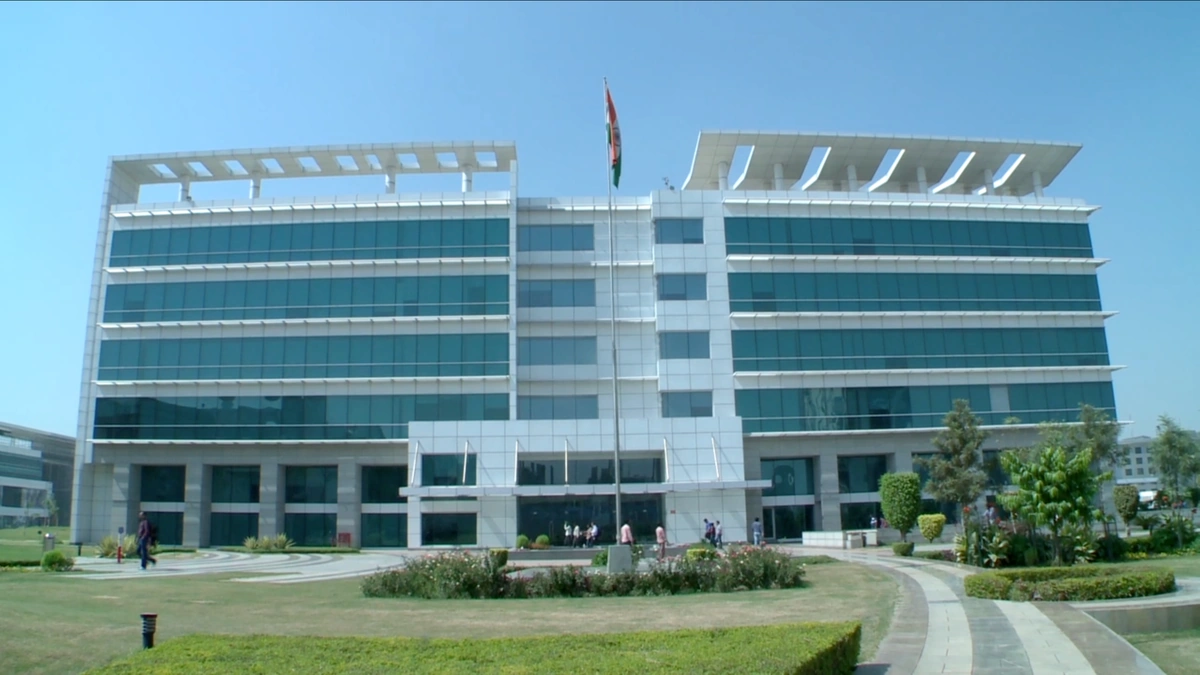Shapoorji Pallonji | $1.2B Debt Threatens Tata Stake
Okay, let’s be real. When you hear about a company owing $1.2 billion, especially when it involves names like Shapoorji Pallonji and Tata , your ears perk up. But this isn’t just another business headline. This is a story about legacy, power, and the intricate dance of debt in the high-stakes world of Indian conglomerates. Let’s dive deep – not just into the ‘what,’ but the ‘why’ this matters to anyone following the Indian economy, or even just curious about the real-world consequences of big financial decisions.
The Debt Tightrope | More Than Just Numbers
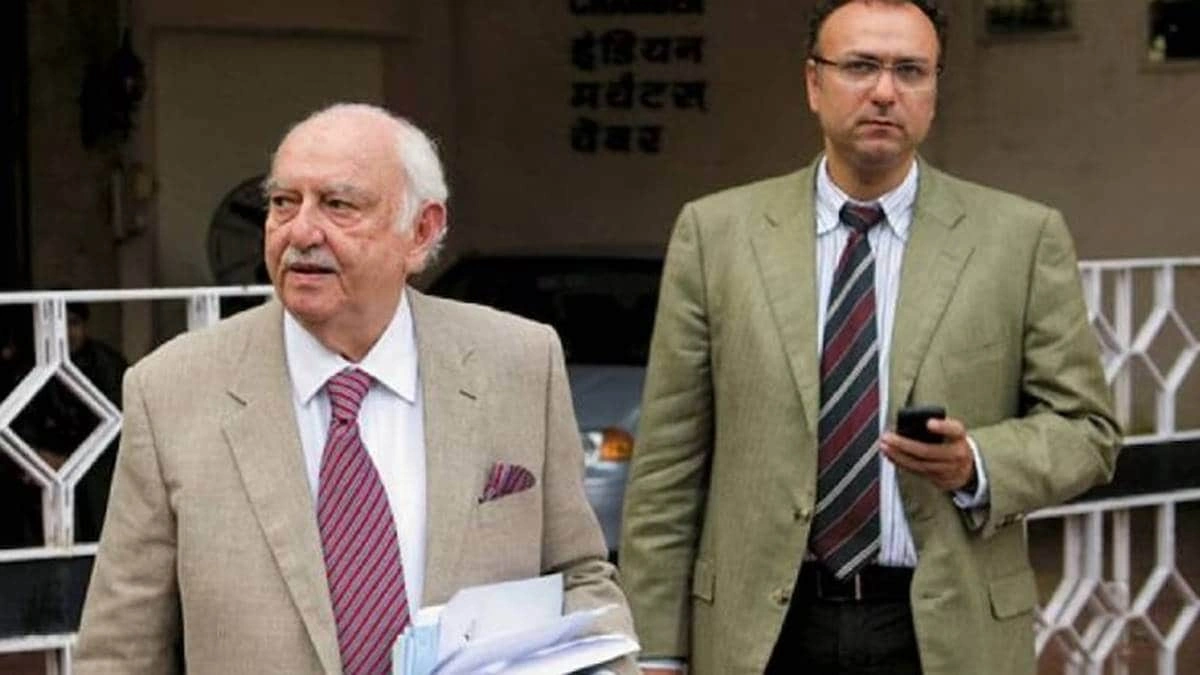
So, why should you care about Shapoorji Pallonji’s debt ? Here’s the thing: it’s not just about one company’s balance sheet. This debt situation casts a long shadow. We’re talking about a potential shake-up in the ownership structure of one of India’s most iconic business groups: Tata Sons. And that ripples through the entire market, impacting investor confidence, future deals, and even how other large family-owned businesses manage their finances. Think of it as a canary in a coal mine – a warning sign that excessive leverage can have serious consequences, even for the biggest players. This situation also highlights the importance of debt restructuring in today’s volatile economic environment. Many companies are facing similar challenges, and the way Shapoorji Pallonji navigates this crisis could set a precedent.
Tata Stake Under Pressure | What’s at Risk?
Let’s get to the heart of the matter: the Tata stake.Tata Sons, the holding company of the Tata Group, is a behemoth. And Shapoorji Pallonji Group has been a significant shareholder for decades. But with this massive debt looming, the pressure is on to find ways to raise capital. Selling a portion (or all) of their stake in Tata Sons becomes a very real possibility. What fascinates me is the sheer scale of this potential transaction. This isn’t about selling a few shares; we’re talking about a significant chunk of one of India’s most valuable assets changing hands. The implications for the Tata Group are huge. It could alter the balance of power within the group and potentially lead to a shift in strategic direction. Not to mention the scramble among potential buyers – both domestic and international – eager to get a piece of the Tata pie.
And, let’s be honest, the Tata Group’s brand is a huge draw. Think Tata Consultancy Services (TCS) or Tata Steel . They represent stability and trust, which is why this is all the more concerning. You should check out Natco Pharma Share .
The Domino Effect | Implications for the Indian Economy
But, the story doesn’t end with the Tata Group. The financial health of major conglomerates has a direct impact on the overall Indian economy. If Shapoorji Pallonji is forced to liquidate assets at fire-sale prices to repay its debt, it could trigger a chain reaction. Other companies could face similar pressures, leading to a decline in investment and economic growth. It’s a complex web, and the Shapoorji Pallonji Group situation is a stark reminder of the interconnectedness of the Indian corporate landscape. A common mistake I see people make is underestimating the far-reaching consequences of these kinds of financial events. They’re not just isolated incidents; they’re potential turning points that can reshape the entire business environment. Understanding the debt burden faced by major players is key to understanding the direction of the Indian economy.
Navigating the Storm | What’s Next for Shapoorji Pallonji?
So, what are the options for Shapoorji Pallonji? Well, they’re not sitting idle, that’s for sure. Restructuring the debt, selling assets (besides the Tata stake), and seeking strategic partnerships are all on the table. What fascinates me is the resilience of these old business houses, their ability to adapt and survive even the toughest storms. But there’s no denying that this is a critical moment for the group. The decisions they make in the coming months will determine their future trajectory. And those decisions will be closely watched by everyone in the Indian business community. The one thing you absolutely must understand is that this is not a simple case of financial distress. It’s a complex interplay of factors, including legacy, ambition, and the ever-changing dynamics of the Indian economy.
The Human Angle | Beyond the Balance Sheet
Let me rephrase that for clarity: behind every massive debt and every billion-dollar transaction, there are real people. Families whose livelihoods depend on these companies, employees who are worried about their jobs, and investors who are trying to make sense of it all. It’s easy to get lost in the numbers, but it’s important to remember the human cost of these financial struggles. And, of course, the families at the top. These are not just business decisions; these are deeply personal ones, often involving generations of history and tradition. What fascinates me is how these families balance the need to preserve their legacy with the demands of modern business.
FAQ
What exactly is the Shapoorji Pallonji Group?
It’s a large Indian conglomerate with interests in construction, real estate, and other sectors. They’re also a significant shareholder in Tata Sons.
Why is their Tata stake so important?
The stake represents a substantial portion of their net worth, and selling it could significantly alter the power dynamics within the Tata Group.
What are the potential consequences for the Tata Group?
A change in ownership could lead to shifts in strategy, leadership, and overall direction.
Could this affect the average Indian investor?
Potentially, yes. Instability in major conglomerates can impact market sentiment and investor confidence.
Ultimately, the Shapoorji Pallonji Tata stake saga is a reminder that even the biggest companies face challenges. It’s a lesson in risk management, the importance of sustainable growth, and the enduring power of family legacies. The next few months will be crucial, not just for Shapoorji Pallonji and the Tata Group, but for the entire Indian business landscape. The situation highlights the importance of understanding key financial metrics such as net debt and asset valuation when assessing the health of a company. You should also read more about silver ETF’s in India .
